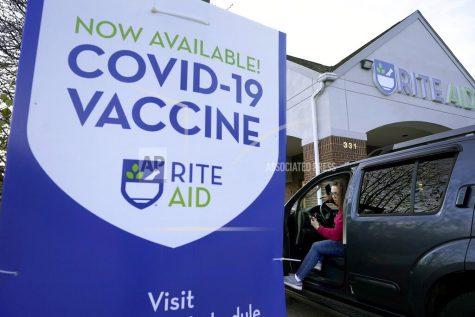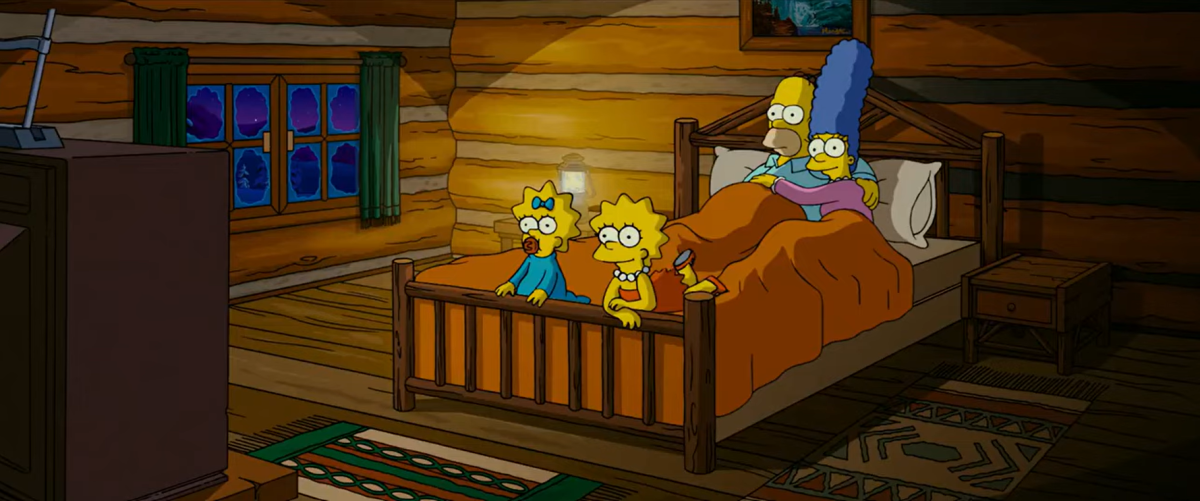Religious Beliefs and the Corona Virus Pandemic
December 8, 2021
Religion has been an essential part of people’s cultural practices. Christianity is one of the most common and prevalent religions. Unlike other religions, Christianity is more popular because it is not spread through coercion and effort; instead, Christianity is more popular because it has great virtues and promises people eternal life. According to an article by Daniel Burke (2020), the corona virus pandemic brought out the worst in religion. According to Burke (2020), faith has inspired generosity and goodwill, and it has also helped people get through difficult times. According to Burke’s article, some believers, ranging from Christians to Hasidic Jews, have flouted social-distancing guidelines with the belief that their God would protect them.

For a long time, religious institutions have been a great force for good; they motivate selfless behavior, compassion, and magnificent works of service. However, at the same time, religion can be detrimental to not only one’s health but also life. According to Burke (2020), religion, especially Christianity, makes people believe that a demon is responsible for every terrible thing that happens, and this demon can be conquered through prayer. During this corona virus pandemic, we have seen people refuse the vaccine because they believe that praying will take away the spirit of the virus. According to the article, people have been tortured and killed in the name of religion. There have been wars between religions that saw the deaths of many people.
As much as religion is an essential aspect of people’s identities, they should realize that following those religious belief blindly can be harmful to one’s life. The article by Burke (2020) is called when religion is dangerous for your health. Through the article, Burke shows just how dangerous religion can be harmful to one’s health. During this pandemic, religion has been a source of hope, but it has also become dangerous to people’s health because it clouds their judgment and makes them believe that they do not need medicine.
























